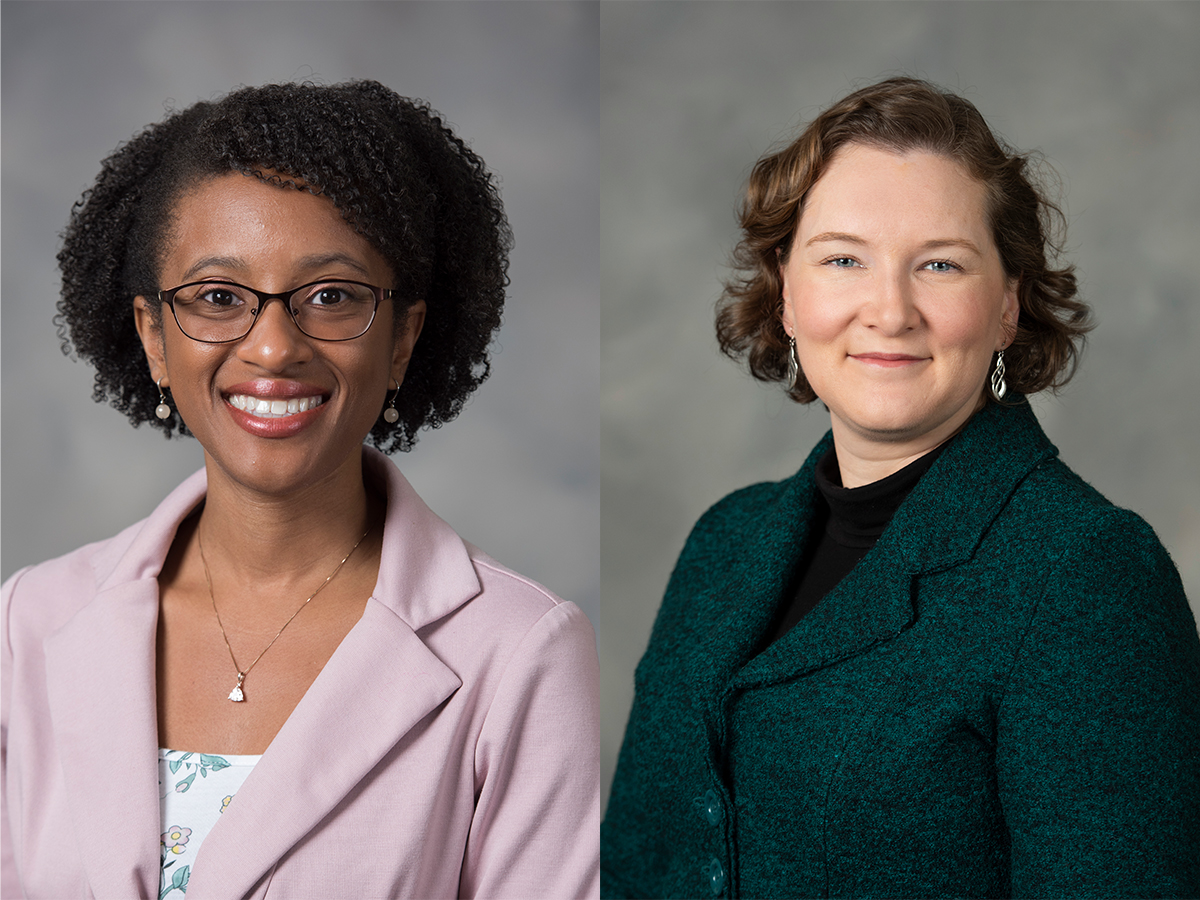Engagement with a local environmental advocacy group is positively associated with environmental science students’ expressions of environmental value and self-efficacy, according to a recent paper published in Environmental Education Research.
Kelsey Bitting, assistant professor of environmental studies, and Jessica Merricks, assistant professor of biology published the article titled, “Addressing ecoparalysis: A community-engaged unit enhances undergraduate student environmental value and problem-solving self-efficacy,” in the peer-reviewed journal Environmental Education Research.
As part of their ongoing collaboration, Bitting and Merricks have been working to study the impact of a community-engaged, place-based curriculum on learning outcomes in environmental studies students. Their work was inspired by observations of students in introductory level courses who often express a sense of powerlessness for addressing environmental problems. They first developed an interdisciplinary curricular unit entitled, “What’s in the Water,” which has been peer-reviewed and published in the online education platform, Teach the Earth. The present article represents the first stream of teaching and learning research products to emerge from their collaboration.
For this paper, the researchers explored the connection between community-engaged course activities and students’ expressions of environmental value, self-efficacy and goals. Through a series of written reflections, participating students indicate that engaging with a local community partner enhanced students’ environmental value and self-efficacy, suggesting that courses that engage students with current local environmental problems can help reduce ecoparalysis and motivate them to be more actively involved in environmental advocacy.
Funds for the course implementation, which included bringing community organizers to campus, were generously provided by the Kernodle Center through Community Partnerships Initiative grant, awarded to Kelsey Bitting in 2022 and 2023.



